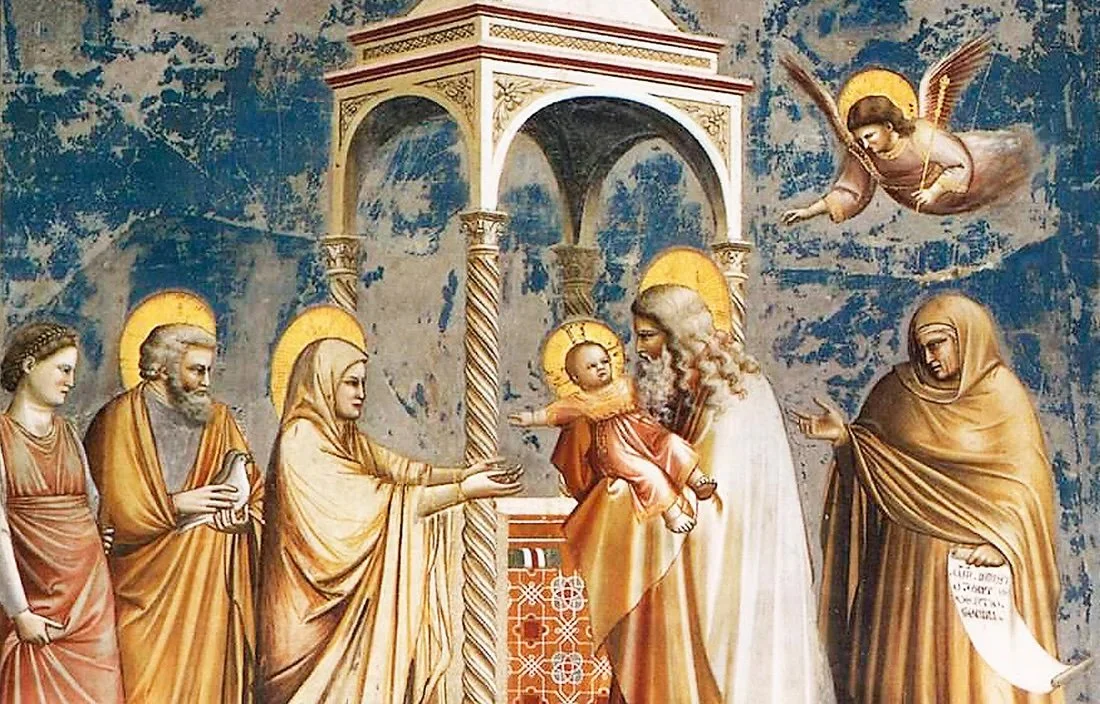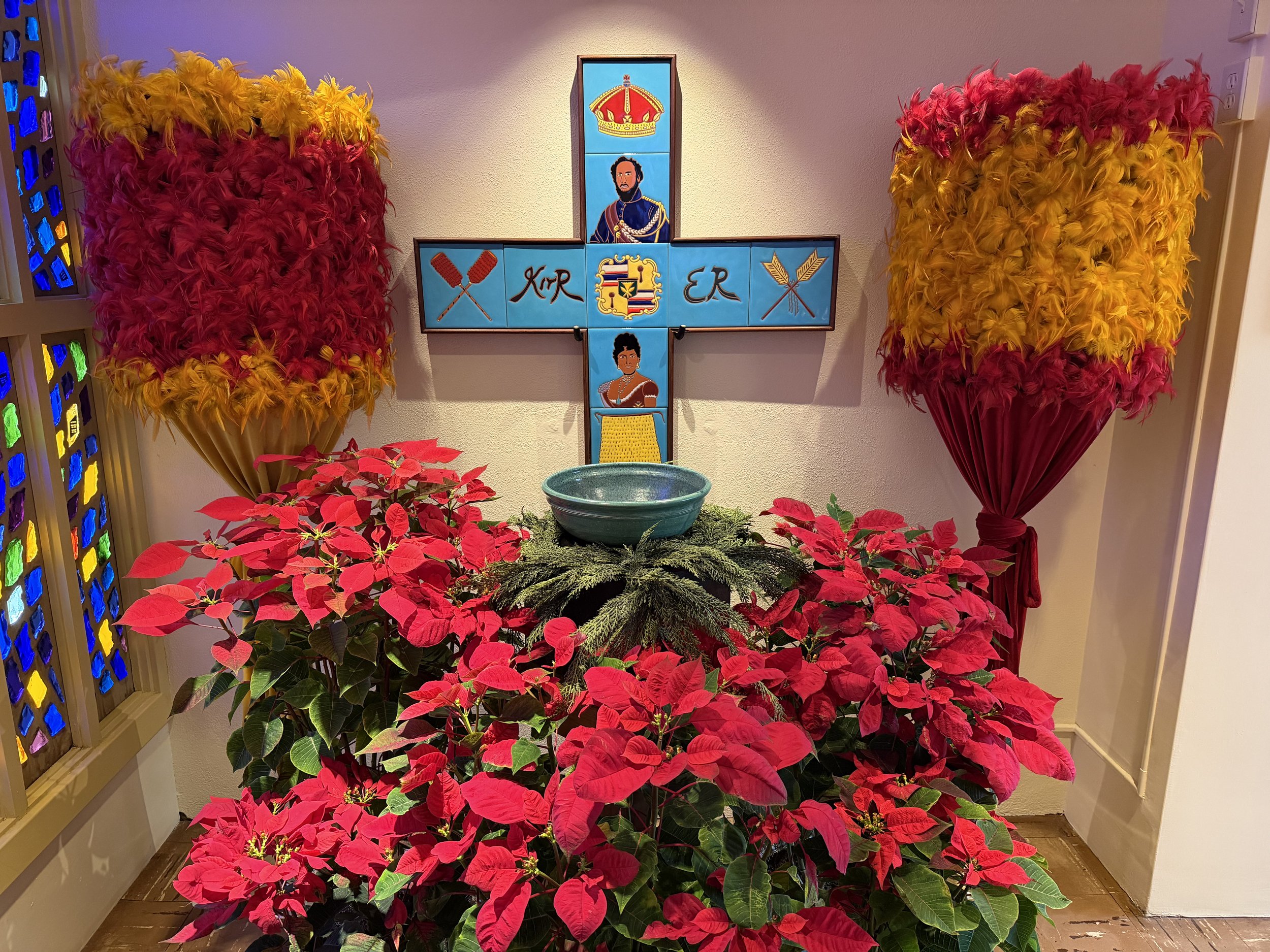From the Rector: Preparing for Lent
/Lent is almost here. This coming Sunday is the Last Sunday after the Epiphany, and next Wednesday is Ash Wednesday. If you have not given some thought to what your Lenten practices will be, now is the time to prepare. Without fail on Ash Wednesday, I always meet people who are surprised that it is Ash Wednesday. They see the ashes on my forehead, and then they realize they have forgotten to make room in their schedule to attend church on this important day.
For many reasons, Lent seems more important this year. Perhaps it is the conflicted political climate that we now inhabit. Perhaps it is the increasingly frenetic pace of life. Whatever it is, Lent is a good cure for the noise and commotion that is so prevalent in our world. We are given forty days and forty nights to slow down and return to the Lord our God.
Lent has many relevant purposes for life today. As a penitential season, Lent reminds us that we are to be a people of forgiveness. As a season of fasting, Lent reminds us to keep the commercialism and consumerism of our society in check. Lent as a season of prayer reminds us that if we are running on empty, it's probably because we have not made the time for prayer with God. Lent as a season of renewal teaches us to make space for scripture study and devotional reading. Lent is our chance to give up the "rat-race" and make God first in our lives.
At St. Mark's there are many ways for us to observe Lent. Stations of the Cross will be offered on Wednesday evenings with Evensong and Benediction at 6:15 pm, as well as on Friday mornings at 11:30 am, before the noon mass. This Lent we will be feeding the homeless again through Family Promise. Our regular rota of worship continues each week with daily Morning Prayer, mass, and Evening Prayer. On Sundays after high mass we will have our Lenten Gatherings, focusing on Rowan Williams' book Being Disciples, and our Reading the Works of Refugees book study continues this Lent on two Wednesday evenings. Notice that all of these offerings are communal.
Traditionally people have given something up for Lent, and this is a noble practice, but I also want to suggest that it may not be enough. People can easily turn their Lenten fasting into something fashionable, even idolatrous - for instance, succulent fish dinners with fine white wines on Friday evenings. This misses the mark. It can also be tempting to turn Lent into a "health-consciousness craze," reminiscent of our society's self-help banter. One should beware of deluding oneself into practices that are ultimately about self-improvement, rather than a fast focusing on our Lord's cross and passion. True fasts hurt, teaching us dependence on God. This is not the popular self-help babble we hear in our world, but alas, it is orthodox Christianity.
Communal acts of worship, prayer, outreach, and study are the most important Lenten acts to engage. Lent is not solely about our individual relationships with God, but it is also how the church as a whole becomes a more faithful witness to Jesus Christ. This is why Lent is also the traditional time that churches prepare their newest friends for baptism and confirmation. Lent is also about the community fasting from the injustices in our world. Christianity has never been a religion solely for individuals, but rather it is about the redemption of entire communities, both within and outside of the church.
The great prophet Martin Luther King Jr., said, "Let us develop a kind of dangerous unselfishness." These words are Gospel words, and they speak truth this Lent for both the individual and for the community. Let us develop a dangerous kind of unselfishness, and by doing so, may we be closer to Jesus Christ.
Father Paul Lillie+







